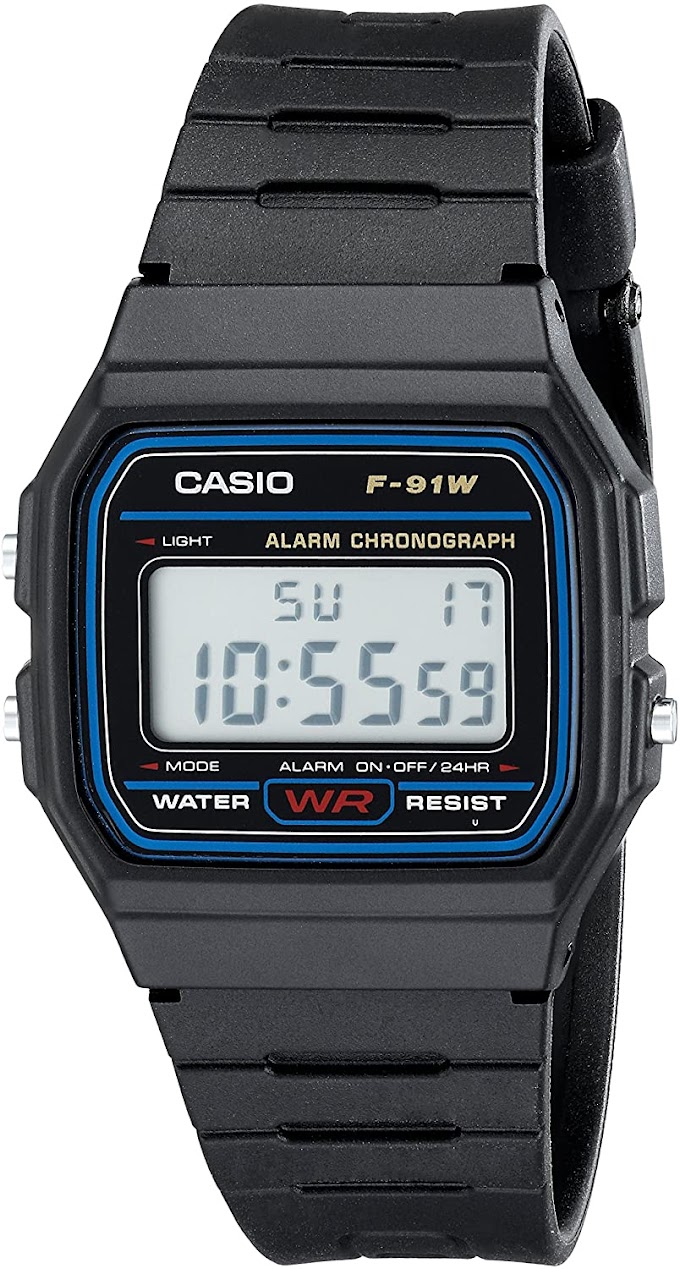Depending on which parts of the internet you frequent and how big of a follower you are of Stephen Fry, you may have heard it repeated many times that "English has the maximum words of any language on Earth." Funny, though, how it is almost always English speakers who say that. Here is what is true — and what is often false — about that claim.
Before you can start figuring out where English belongs among the numerous word-laden languages in the world, here's a question you have to answer: Is "run" one word, or 645? Got your answer? Here's another question. Is "ran" still another word, or is it 645 more? You see where things start to get disordered. Let us say, for the sake of discussion, that homophones (words that sound the same) all count as separate words, but different tenses of the same word do not.
Okay, that is sorted out — but we are not out of the woods still. "Hot" and "dog" are words, for sure. But what about "hot dog"? Or "hot-dog"? Or even "hotdog"? Then there are different-derived words like "déjà vu" or "schadenfreude." How about "velociraptor"? It sort of seems like it should add, if only because of the Jurassic Park franchise — but what about more complex ancient creatures like "Therizinosaurus"? This is way more confused than we thought it would be.
For simplicity's interest, let is just go by the number of words in the dictionary. And luckily for us, somebody's already done the counting. According to Oxford Living Dictionaries, the 20 volumes of the second edition Oxford English Dictionary include no fewer than 171,476 words currently in use and another 47,156 words deemed obsolete. Factor in the roughly 9,500 derivative words with different approaches, and Y'all got upwards of 228,000 words total in the dictionary. So, is that more than any other language? Well ... as complex as this question has been to answer so far, it is about to get a lot more complicated.
If you have not picked up on it yet, counting words is hard work. Yes, English does have a lot of words, thanks in no small part to its hybrid forming in Romance and Germanic languages, plus its tendency to seamlessly take words from other sources. But every language has its own difficulties when it comes to counting words — or, for that matter, when it comes to making up words in the first place.
Take German. Almost anything can be a word. All you have to do is plug known words together, and voila — Y'all got vocabulary terms like "die Brillenbrillanz," or "the clarity experienced upon putting on a separate set of glasses."Is it true German have unlimited words?
Turkish has a similar issue, only more so. Whole sentences like "Were you one of those people whom we could not make into a Czechoslovak?" transform into a single word. How is English supposed to compete?
And then there are languages like Mandarin Chinese, which is made up of numerous thousand characters, most of which function as words on their own — and most of which can be connected with others to form other words. Which ones count and which ones do not? The fact is, when you are figuring the words in a language, you have to decide on the parameters before you can start adding them up — and every language is different enough that no one set of parameters can ever be used across the board.
If you want to learn any new language then try the Duolingo app which is very good for learning the basics of language. This app makes your learning easy and interested. You can learn more and more within few days.





